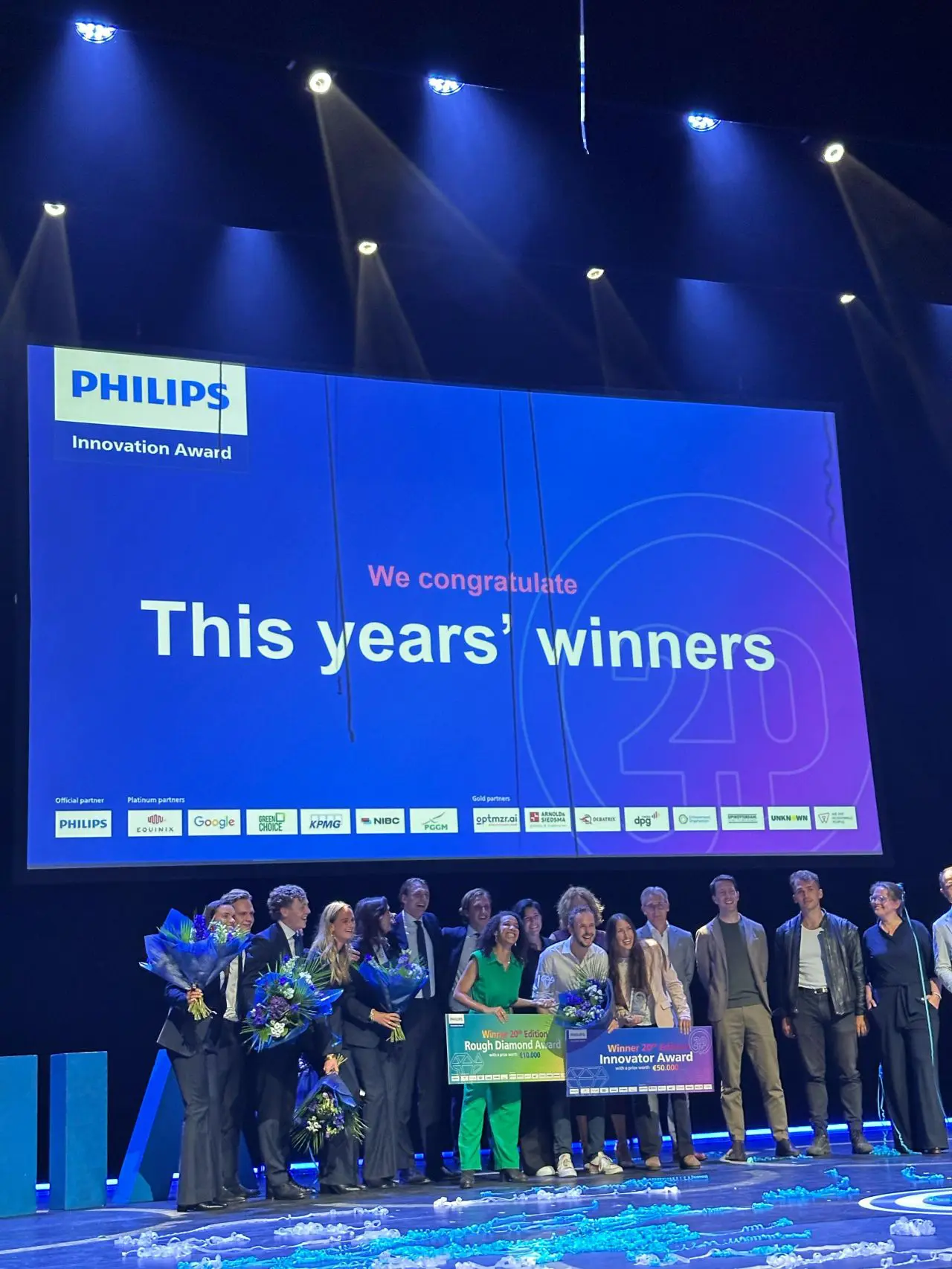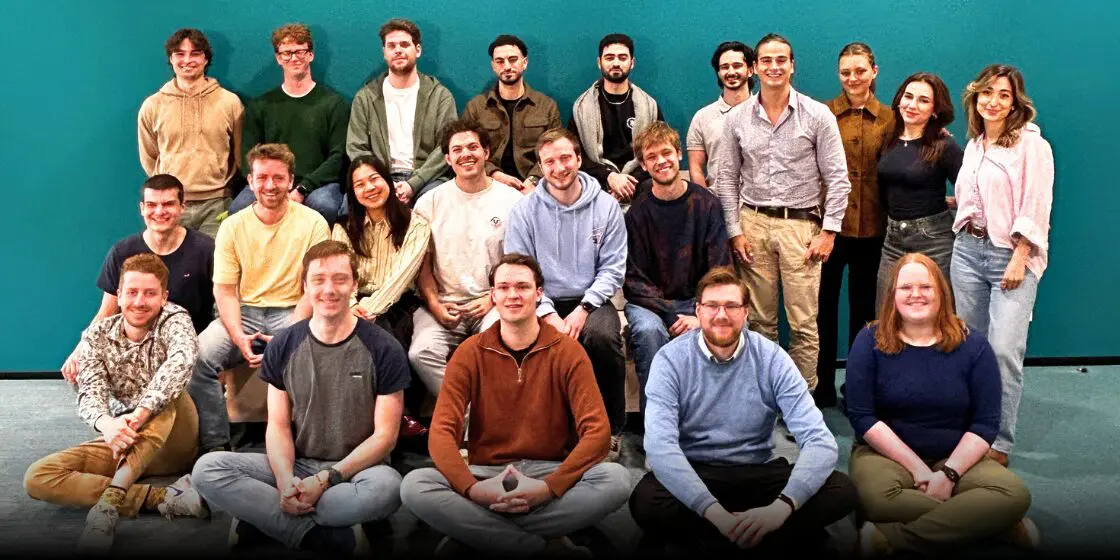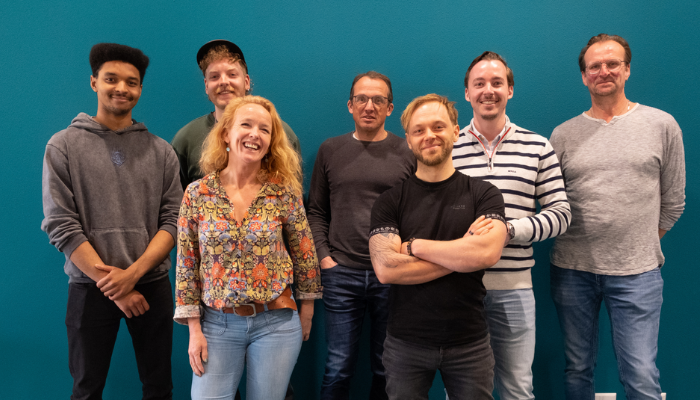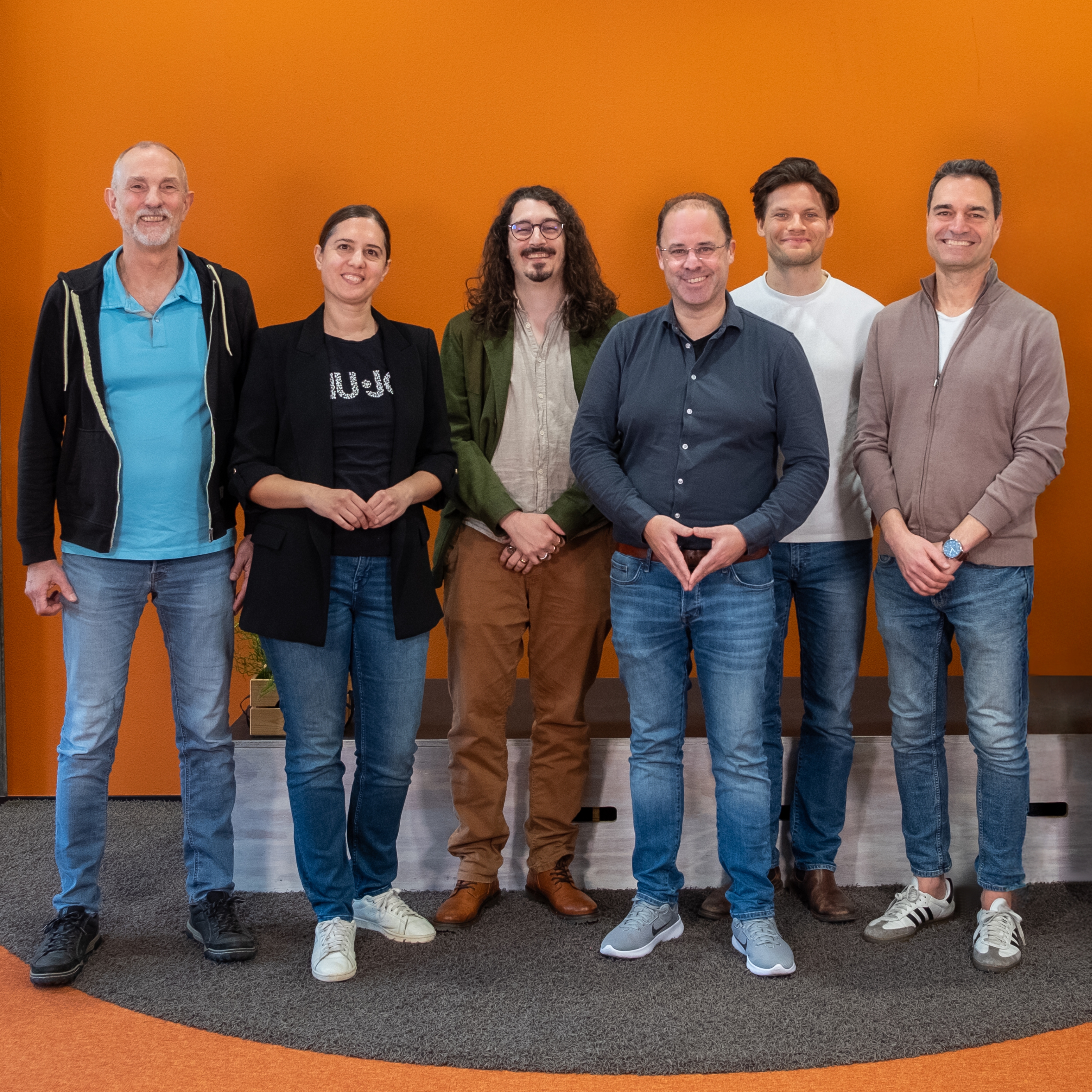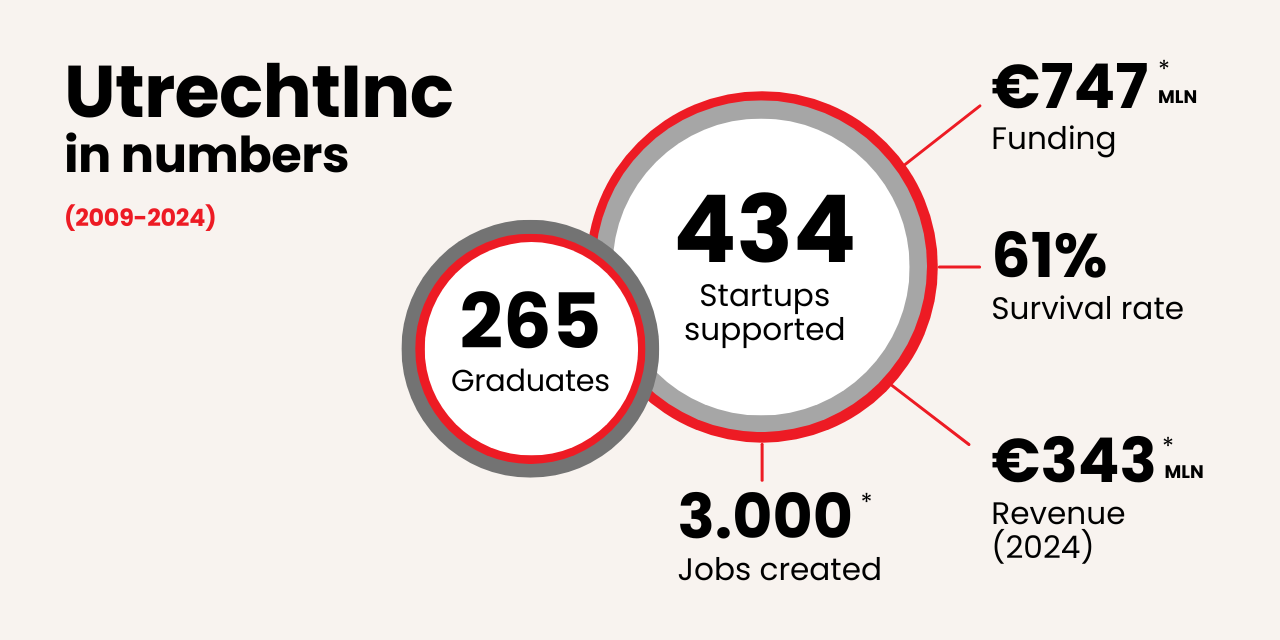What an amazing night celebrating innovation and entrepreneurship! We are incredibly proud to see our incredible startups shine at the 20th Philips Innovation Award Grand Final! ✨
Last night at Theater Rotterdam, eight exceptional student-led startups battled it out live for the Netherlands’ top student entrepreneurship honor: the prestigious Philips Innovation Award. In front of a packed audience and a jury of industry giants, including Philips CEO Roy Jakobs, two groundbreaking ideas from our community ultimately claimed the top prizes:
🏆 Innovator Award – Lumox for their light-activated cancer therapy that targets tumors with precision, reducing the need for invasive surgery.
💎 Rough Diamond Award– I See U Baby Care, whose AI-powered monitoring system helps premature babies sleep better, supporting both families and hospital staff.
Alongside the pitches, the audience was treated to inspiring talks from speakers like Ali Niknam (bunq), Eline van Beest (Hybridize Therapeutics), and Joost Smit (Google).
It’s especially inspiring to see female founders such as Chanel Sam and Irati Beltrán Hernández leading the charge and making such a significant impact with their innovative solutions. ❣️
